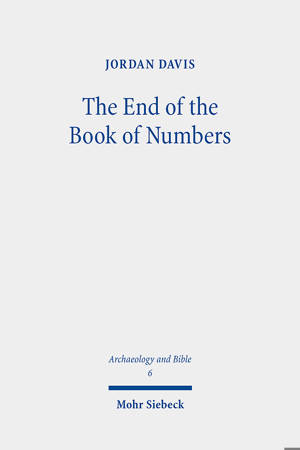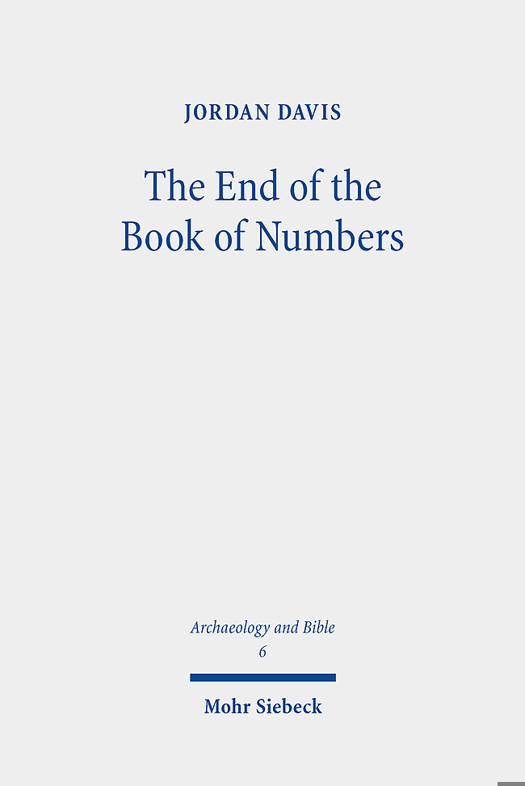
Door een staking bij bpost kan je online bestelling op dit moment iets langer onderweg zijn dan voorzien. Dringend iets nodig? Onze winkels ontvangen jou met open armen!
- Afhalen na 1 uur in een winkel met voorraad
- Gratis thuislevering in België vanaf € 30
- Ruim aanbod met 7 miljoen producten
Door een staking bij bpost kan je online bestelling op dit moment iets langer onderweg zijn dan voorzien. Dringend iets nodig? Onze winkels ontvangen jou met open armen!
- Afhalen na 1 uur in een winkel met voorraad
- Gratis thuislevering in België vanaf € 30
- Ruim aanbod met 7 miljoen producten
Zoeken
€ 104,45
+ 208 punten
Omschrijving
It has become increasingly clear that Numbers is the litmus test for new ideas relating to the formation of the Pentateuch. At the same time the profusion of ideas has only resulted in a corresponding lack of agreement between scholars. In the present study, Jordan Davis grants significant attention to the geographical references found at the end of the book of Numbers, combining archaeological, historical and literary critical insights, in the attempt to arrive at more "verifiable" results. With a detailed view at the Transjordan conquest traditions (Num 21:21-35; 32; Deut 2:24-3:20*) and the twin legal narratives relating to Zelophehad's daughters (Num 27; 36), the author argues for the historical catalysts underlying these traditions and then points to the ideological motivation behind their redactional expansion.
Specificaties
Betrokkenen
- Auteur(s):
- Uitgeverij:
Inhoud
- Aantal bladzijden:
- 325
- Taal:
- Engels
- Reeks:
- Reeksnummer:
- nr. 6
Eigenschappen
- Productcode (EAN):
- 9783161618567
- Verschijningsdatum:
- 1/12/2022
- Uitvoering:
- Paperback
- Formaat:
- Trade paperback (VS)
- Afmetingen:
- 231 mm x 155 mm
- Gewicht:
- 3256 g

Alleen bij Standaard Boekhandel
+ 208 punten op je klantenkaart van Standaard Boekhandel
Beoordelingen
We publiceren alleen reviews die voldoen aan de voorwaarden voor reviews. Bekijk onze voorwaarden voor reviews.











